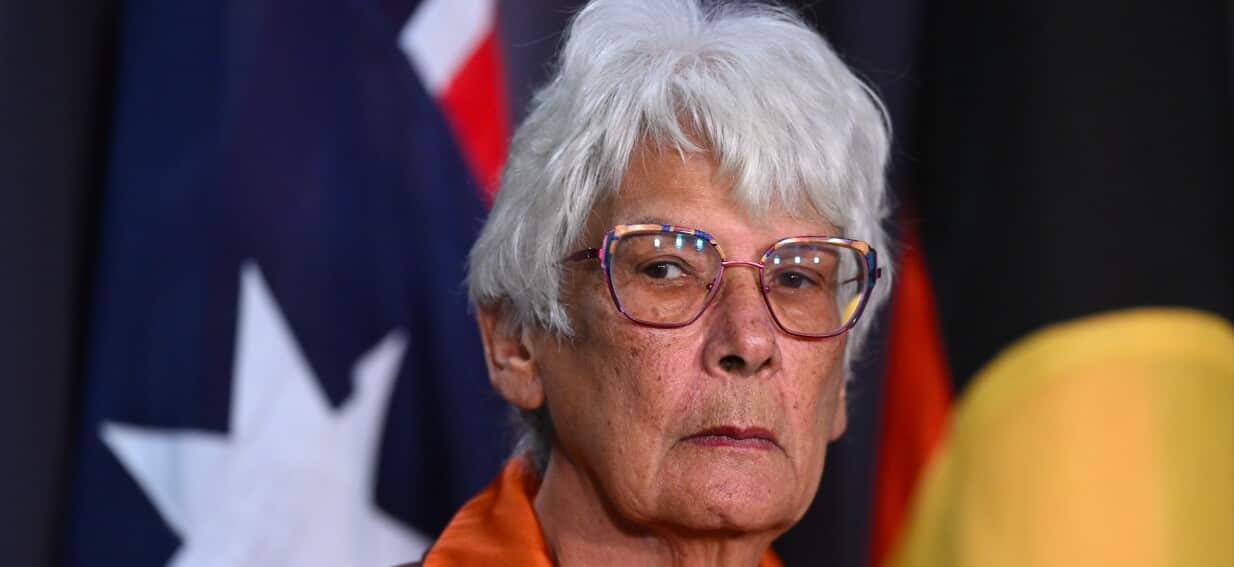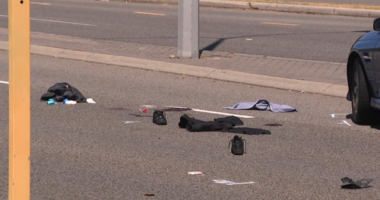Share this @internewscast.com

However, despite the National Agreement on Closing the Gap, where all government levels have committed to collaborative decision-making, many areas remain unchanged, leading to sluggish improvements.
“But when governments fail to meet their commitments, the gap doesn’t just remain, it widens.”
‘True partnership’ delivers results
Catherine Liddle, the CEO of SNAICC – National Voice for our Children, noted that advancements have been observed in areas where collaboration between communities and the government has occurred.
Ms Liddle added the same commitments should be shown to worsening targets, such as child protection and youth justice.
“Without a real power shift, we’ll keep seeing the same patterns repeat, and our people will continue to pay the price.”
Limited progress by governments
Among the nine socio-economic objectives with updated progress assessments, only the outcome for healthy birthweight (Target 2) has seen a change, showing that 89.2 percent of Indigenous newborns are at a healthy birthweight, indicating progress but not yet meeting the goal.
Young people
“The independent review by Aboriginal and Torres Strait Islander experts and the PC’s 2024 Review reveal that the promised transformational change by governments is far from being realized.”
Outcomes are improving and targets on track:
- Preschool enrolments (Target 3)
- Employment (Target 8)
- Land mass subject to legal rights and interests (Target 15A)
- Sea waters subject to legal rights and interests (Target 15B).
Outcomes are improving but targets are not on track to be met:
- Life expectancy (Target 1)
- Healthy birthweights (Target 2)
- Year 12 or equivalent qualifications (Target 5)
- Tertiary educations (Target 6)
- Youth engagement (Target 7)
- Appropriately sized housing (Target 9A)
However, outcomes continue to worsen in four areas:
- Early childhood development (Target 4)
- Adult incarceration (Target 10)
- Children in out-of-home care (Target 12)
- Suicide (Target 14).
For youth detention (Target 11) there has been no change from the baseline data however outcomes have been worsening since 2022.
States and territories differ
We are years into this agreement, and the pattern is clear: governments are choosing to maintain systems that harm our children and families.
“When we get that, we deliver.”











